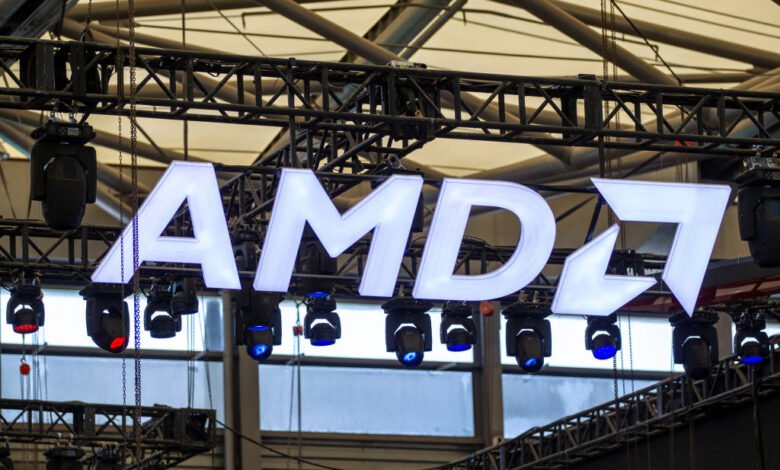How AMD’s Stock Will Fund OpenAI’s Billion-Dollar Chip Deal

▼ Summary
– OpenAI will help AMD refine its Instinct GPUs and purchase 6 gigawatts of compute capacity in a deal worth billions.
– AMD is paying OpenAI with stock warrants for up to 160 million shares that vest as stock price milestones are met.
– If AMD’s stock reaches $600 per share and OpenAI holds all shares, the stock could be worth about $100 billion to cover GPU costs.
– The deal serves as validation for AMD’s AI GPUs, potentially accelerating adoption by other customers like cloud providers.
– This arrangement effectively allows AMD to finance OpenAI’s purchases, with investors potentially bearing the cost if the stock price rises.
The recent partnership between AMD and OpenAI introduces a groundbreaking financial model where OpenAI will fund its multi-billion dollar chip purchases using AMD stock warrants. This arrangement, detailed in Monday’s announcement, sees OpenAI assisting AMD in refining its Instinct GPU line, a direct competitor to Nvidia, while committing to deploy six gigawatts of computing capacity over several years. Rather than tapping into its own revenue streams, OpenAI receives up to 160 million AMD shares in the form of stock warrants, which vest progressively as specific performance and stock price milestones are met.
AMD disclosed that the final warrant tranche hinges on its share price reaching $600 each. Before the news, AMD stock traded around $165, but it surged to $214 by market close on Monday. If all conditions are satisfied and OpenAI retains every share without selling, the stock could appreciate to a value approaching $100 billion. UBS analyst Timothy Arcuri highlighted in a research note that the sixth tranche alone would require AMD’s market capitalization to approach $1 trillion, potentially making OpenAI’s stake worth roughly $100 billion.
Arcuri suggests a more probable outcome: OpenAI will likely sell portions of its AMD stock over time to cover its hardware expenses. In effect, this setup allows AMD to finance its own customer’s purchases. Despite the unconventional approach, Arcuri points out that the partnership serves as a powerful endorsement of AMD’s AI capabilities. Validating that AMD GPUs can manage OpenAI’s demanding workloads, and by extension, other AI applications, could significantly boost AMD’s credibility and market position.
The analyst also emphasized that AMD is engaging with additional customers and expects this agreement to accelerate broader adoption of its technology. OpenAI’s endorsement could open doors for AMD to supply GPUs to major cloud service providers that already use its CPUs, potentially capturing up to 30% of the market for next-generation data center build-outs, according to UBS estimates.
In the long term, if retail and institutional investors drive AMD’s stock price higher, they may indirectly fund OpenAI’s massive GPU acquisition. This dynamic differs from Nvidia’s recent $100 billion investment in OpenAI, which gave Nvidia an equity stake in the AI firm. While Arcuri describes AMD’s deal as “arguably less attractive” than Nvidia’s, he acknowledges it as a major validation of AMD’s roadmap, one that could generate momentum and attract other high-profile clients.
(Source: TechCrunch)





